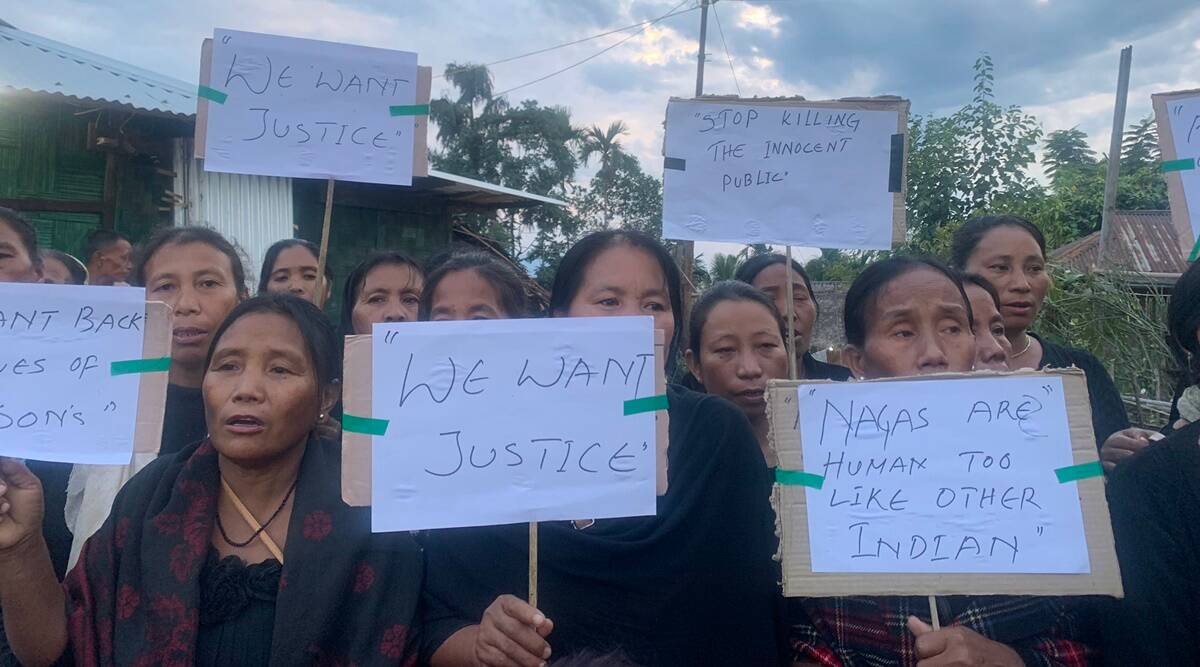Herbst points out that “The true triumph of the state occurred between 1948 and 1963, when dozens of countries gained independence and chose as the vehicle to independence the “nation-state” as defined politically and geographically by their former colonizers.”[18] Ironically, borders of most sovereign States today were once administrative boundaries of colonial powers out of which European models of “nation-states” were reproduced throughout the “third world” countries.[19] In continuing the same political and geographical construct of former colonizers, modern States have become extensions of colonialism for many unrepresented peoples, who willingly or unwillingly live within the borders of the present States, of which they now form a voluntary or involuntary part.[20]
Rather than an effort to transform existing structures or developing new ones that would meet the aspirations of peoples, the process of decolonization was based on geopolitical adjustments[21] and transfer of power between elites.[22] Hence, for third world and fourth world nations, independence from colonial rule did not result in the dismantling of colonial establishments and boundaries, but led to the replacement of “colonial identity” with a “native identity,” essentially inheriting the same colonial structures and boundaries.
With the States establishing their domination in the international system with the formation of the United Nations[23] after World War II, it is imperative to critically examine the relationship between States and the United Nations in the context of self-determination. More specifically, we must consider whether the structures of the United Nations can uphold and assert self-determination as a continuing principle and right for all of humanity.
The United Nations is an institution with its membership defined exclusively on the sole basis of State sovereignty, which indicates that the United Nations is not a union of “Nations” but a union of “States.”[24] As an institution of States, it remains a symbol of political status rather than a search for realization of humanity. In its present form the United Nations remains simply without precise definition and serves more as a political principle containing guidelines for building a community of States.[25] For example, Article 2 (1) of its Charter affirms the notion that only States enjoy “sovereign equality” and any conflicting claim of sovereignty by a non-member entity is undermined.[26]
All along the United Nations instruments, self-determination is a right vested with “peoples” and “nations,” not with sovereign States. The term “peoples” refers to the holder of the right has however not been defined in international law and it has been the policy of the United Nations to uphold ‘States’ against any ‘peoples’ who might challenge them.[27] Ongoing practices suggest the enjoyment of self-determination by peoples only defined by existing or perceived sovereign boundaries.[28] Self-determination as practised has come to mean not only determining what happens to the self, but also determining what is going to happen to the territory on which the self is now residing.[29] The self in self-determination as a result is defined as the existing States. No matter how artificial the boundaries and oppressive, the United Nations seeks to resolve conflicts around self-determination within existing State and international boundaries.[30]
The United Nations has approached the issue of self-determination on ad hoc basis, particularly in relation to the question of independence which threatens State sovereignty. For example the province of Katanga declared independence from Congo (formerly known as Zaire) in July 1960. The United Nations chose to remain neutral on Katanga’s claim of Independence until the Security Council resolved in February and November 1961 authorizing use of force by the United Nations to end Katanga’s struggle for Independence and denouncing its independence. Similarly, the attempt for an independent Republic of Biafra in May 1967 by the Ibos in eastern Nigeria was also denied support by the member-States of United Nations in the interest of the territorial integrity of Nigeria. The United Nations’ position to protect and uphold the territorial integrity of both Congo and Nigeria reflects its primary role as custodian of State interest; and in doing so failing to uphold the rights of self-determination for all peoples. The United Nations is unfortunately an exclusive club, manifested by the fact that from its inception in 1945 until 1991 there has been only one case where it recognized “self-determination” outside the context of classical colonialism. The case in question is the liberation of East Pakistan from Pakistan which subsequently came to be known as Bangladesh.







 The Top Viral YouTube Videos of 2017
The Top Viral YouTube Videos of 2017 What Does Your Face Say About Your Health?
What Does Your Face Say About Your Health? The last Konyak headhunters of Nagaland
The last Konyak headhunters of Nagaland Meet R.N. Ravi, who is mediating peace with the Nagas
Meet R.N. Ravi, who is mediating peace with the Nagas










Leave a Reply
Your email address will not be published. Required fields are marked (required)